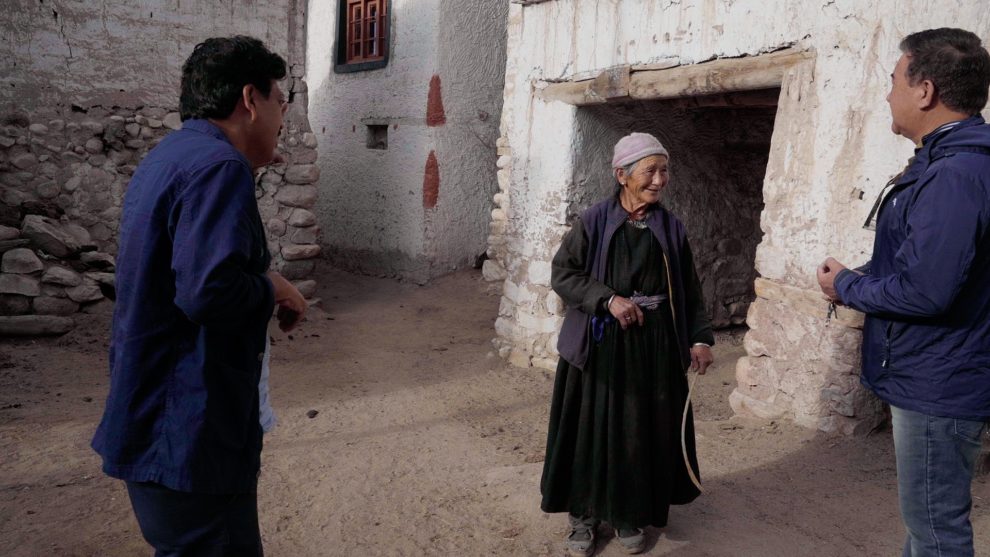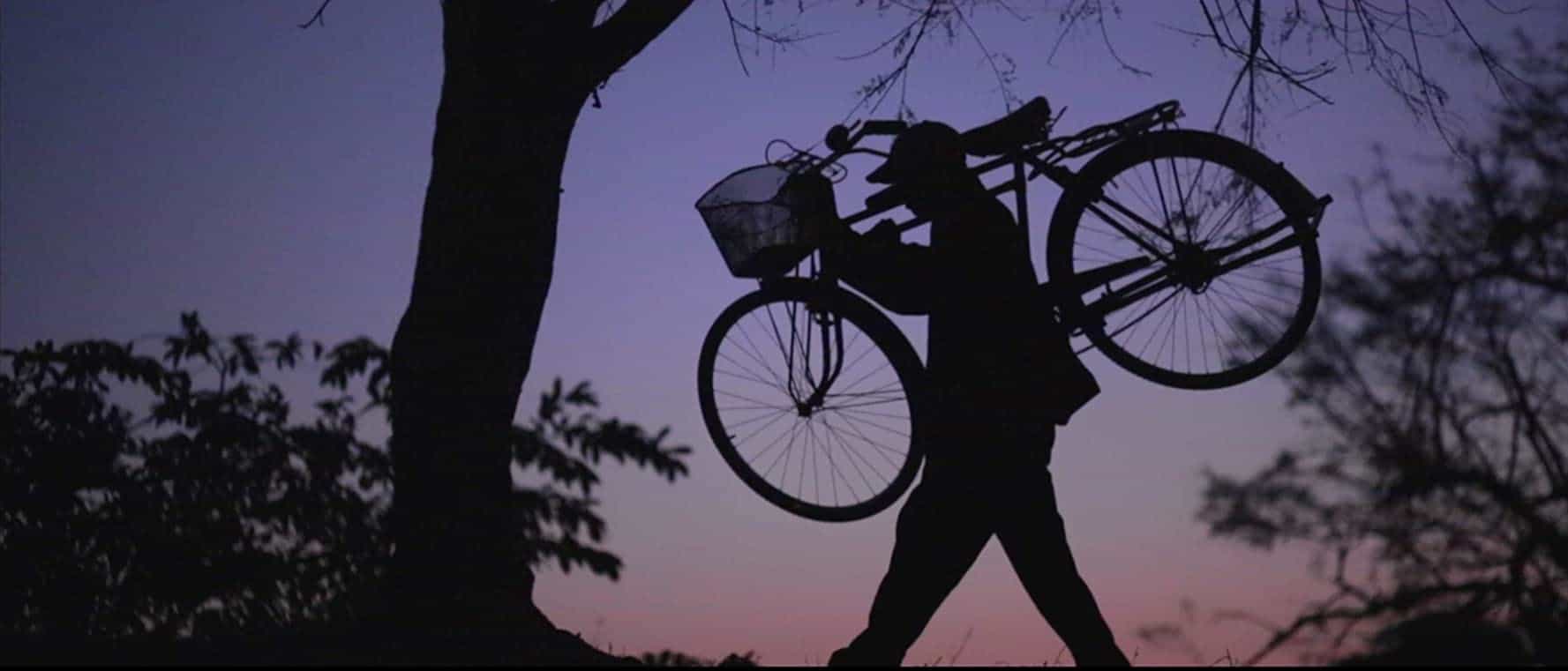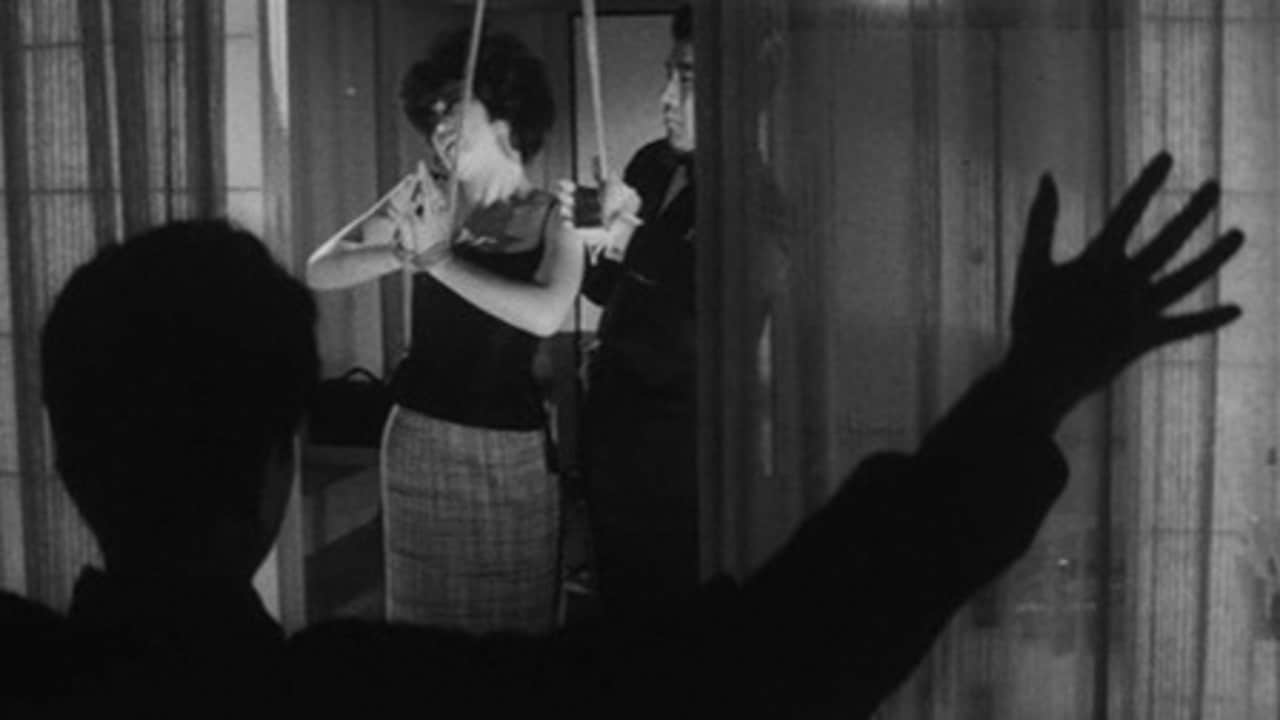Praveen Morchhale's second film, “Walking with the Wind” (2017), won three National Awards, for Best Film (Ladakhi), Best Sound Design (Sanal George) and Best Re-Recording (Justin Jose) while screening and winning prizes in festivals all around the world. Last year, Morchhale revisited the Himalayan mountain villages he shot it in, and the locals that acted in it, inviting them to watch the movie for the first time on a big screen.
Set up as both a road movie and a documentary, “Colours of Life” follows Praveen, his “tour guide” and translator, and their 85-year-old, constantly shouting taxi driver as they visit the villages of his protagonists, trying to convince them to come watch the movie, but also enquiring about their lives in the harsh setting of the mountains, their aspirations, their relation with cinema, but also philosophizing about life in general. As such, the movie unfolds in two levels, one ethnographic, although in a much more intimate than usual style since the director actually knows his subjects from before, and one more personal, revolving around Morchhale's thoughts and feelings.
Regarding the first aspect, Morchhale's camera highlights both the harsh natural environment and the small villages that are found there, through a combination of realism and artistry, with the latter coming particularly from a number of long shots. The first aspect, which is the one that essentially gives context of the film, mostly focuses on the question of why Morchhale decided to take this trip, why he wished for his actors to watch the film on the big screen. As the doc progresses, it seems his reasons are both personal, trying to find out if their collaboration had some positive impact in their life, and if it instigated them to start watching cinema, but also more altruistic, as he appears genuinely concerned about their lives and health particularly after the pandemic, and the fact that they never had the chance to watch their own movie. The results of this quest vary, since a number of the older in particular people have not seen their lives change in any way, but one of the younger ones wants to be an actress now, something that should be attributed to the role she had in Morchhale's film.
One of the most interesting segments of the film comes with the appearance of Sachi, a Japanese woman who has married and now lives in the area with her husband and two children, presenting a real story that looks almost surreal.
Shot in completely free form, with no kind of instructions or preparation for the people the director meets, and by a 3-person crew including Morchhale, the doc has a very genuine feel, also stressed by the honesty the people recorded show. At the same time, a few mistakes were bound to happen, although they are not particularly evident, neither do they hamper the sense the movie leaves in the end, which, through the humor and frequent laughter of both Morchhale and the locals, is quite pleasant.
In the end, “Colours of Life” emerges as a rather personal documentary, and the truth is that it makes more sense to watch for the viewers who have already seen “Walking with the Wind”. At the same time, Morchhale's effort to show the film to the people who acted in it and have never seen it ends up being almost heroic, and along with the exploration of this remote area and its people, results in a film that is quite interesting to watch, also because it offers much entertainment and does not overextend its welcome in the hour it lasts.















